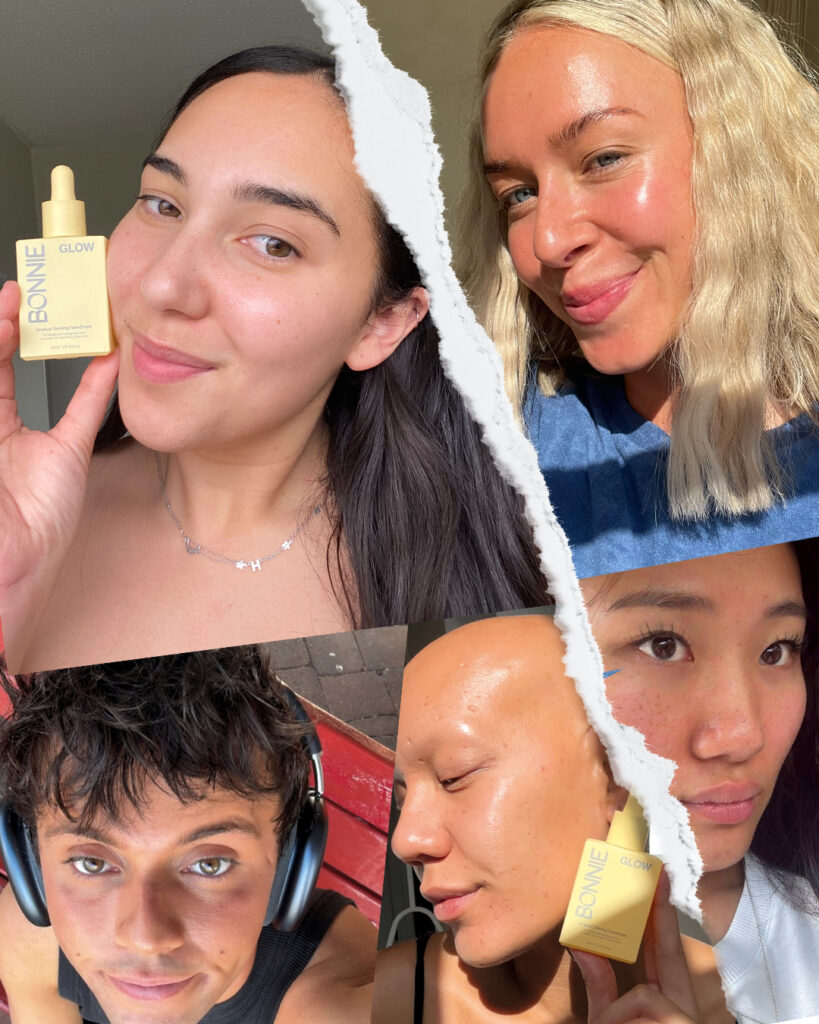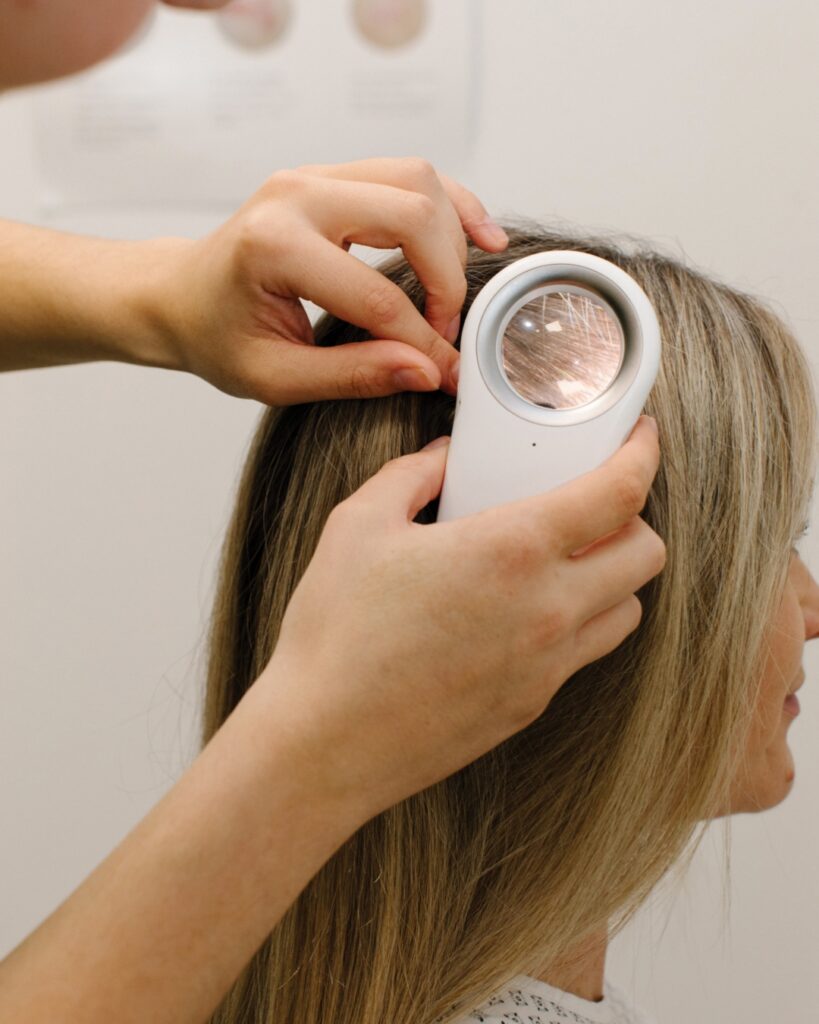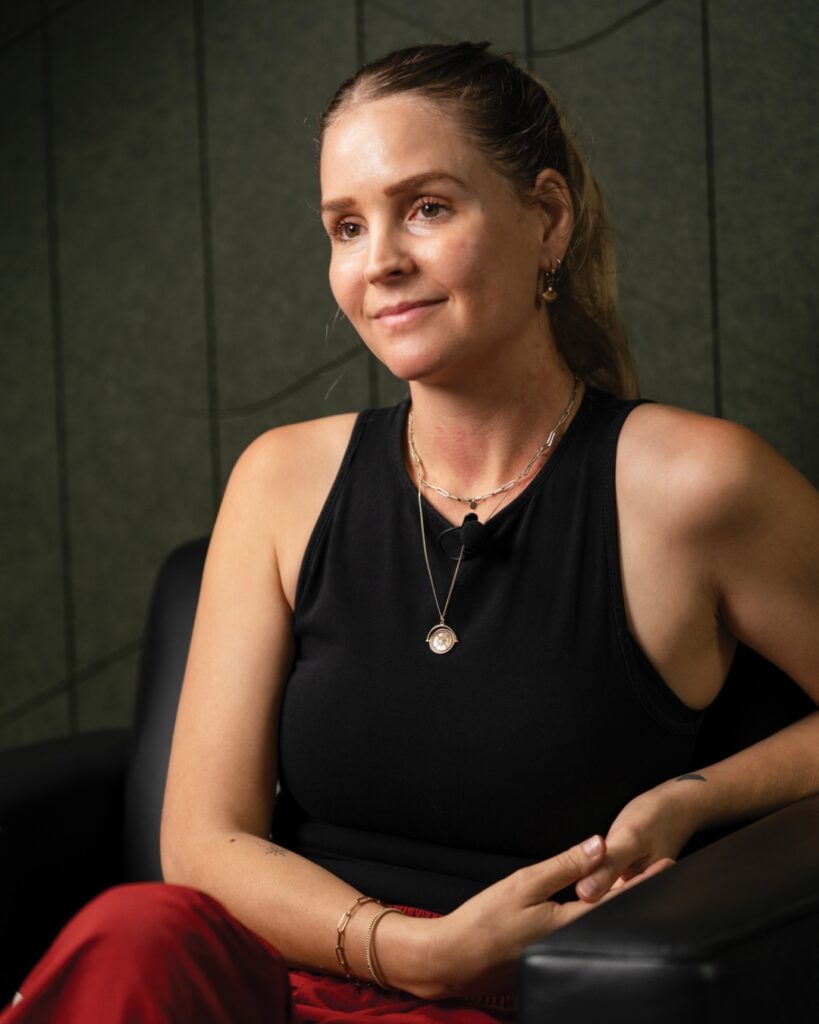Dating can be difficult at the best of times but if you have a mental illness it can be particularly tricky – what should you do if people just don’t get it? (Clue: if they don’t they’re not worthy of your time).
One in six people in New Zealand experience a mental health problem each year, so chances are most of us have either been there or dated someone who’s been there. And yet, we rarely talk about how to approach romance and relationships with a mental illness, as if depression, anxiety, bipolar disorder or any other issues would necessarily put an end to our love and sex life.
“I went for a night out, I met this guy and I said I had bipolar,” says Katie Conibear. “He just went: ‘Well, you must be a nightmare! I don’t know how anyone deals with you’.” It is an established fact, I hope, that the only nightmare would be having to deal with such a judgemental nonsense, but the story illustrates just how common such reductive stereotypes about mental health problems still are. Katie adds that she’s used to prospective dating partners assuming that she’s “gonna be really difficult and hard work,” because, as she sees it, the stereotypes only serve to further reinforce pervasive and negative stigmas.
Despite having had depressive and manic episodes since her teenage years, Katie was misdiagnosed for years, until 2012. “When I was younger I didn’t realise what was going on with me. [In my manic phases] I’d always want a relationship, I’d always want to be with someone, but because I was so unpredictable, it didn’t last very long,” she reflects.
Building trust and intimacy with someone is never easy, but opening up about having a long-term illness, deciding when and how to bring it up on a date adds a whole other layer of worries. Understandably, Katie used to minimise her experiences. “I would say: “Sometimes I get really depressed and just leave it at that. Depression may sound more reassuring than bipolar, especially if, as in Katie’s case, it comes with auditory hallucinations. “I didn’t explain it to anyone I dated. I never say: “Oh! By the way, I hear voices sometimes,” because they would just think I was crazy and not understand it.”
Watch 7 powerful celebrity quotes on mental health:
Anyone suffering from a mental health problem is forced to run an impossible gauntlet because of misconceptions about conditions such as bipolar. “It’s very difficult to judge when to say something,” Katie says. “You think it’s never the right time, or they just had a bad day, so you can’t tell them. Or they’re going out with people tonight, so you can’t tell them”. But she adds that she has now decided to be upfront. “I say look, if I suddenly change and I’m really low or really high and hyperactive, this is why.”
Finally receiving a correct diagnosis has helped her to take better care of her health and feel supported enough, to be frank about it. “When you know your diagnosis and understand it, then you know what your triggers are, you know what might make it worse, and you are more open about it,” she says. However, Katie feels with that comes the acceptance that “not everyone is going to get it,” but, she now feels that if someone doesn’t understand what she goes through they are, simply not worthy of her time.
Two years ago, Katie got married to a very supportive partner with whom she’s able to discuss her illness in an open and honest way. “He didn’t look shocked about it when I told him, he just wanted to understand it” she recalls. “It was a really good response because he wasn’t pretending like he knew it all, he wanted to know how to help me and how to support me.”
Those of us who don’t suffer from mental health problems can help by being open, available to listen, asking questions without making assumptions and allowing a person to choose how much they disclose and discuss, says clinical psychologist Tim Salzman. Disclosure of intimate details about your life is a milestone in the development of any relationship. When it comes to disclosing a mental health problem, how and when you do it will depend a lot on the nature of that illness and your past experiences of people’s reactions. Tim explains that “it hinges on knowing yourself, knowing your mental health issues and feeling that you’ve developed some basis of trust and reciprocal sharing, first.”

With so many mistruths and misconceptions about mental health – from anxiety to depression, from bipolar to eating disorders – it’s understandable that anybody dealing with a serious problem might fear being rejected or misunderstood. But if everyone is prioritises educating themselves, the more supported anyone with a mental health issue will feel when it comes to dating and starting a relationship. “Historically, there is a pattern of social isolation and withdrawal away from society if you had a mental health problem,” Tim says “but more and more, these days, I see people becoming empowered.”
Like it was for Katie, the key is often gaining insight about personal triggers, coping mechanisms and/or signature responses to stress. There is a huge relief in knowing that your identity is only partly linked to the illness and that you are not totally defined by it.
Tim explains that support is “about giving someone the skills and the toolkit to be able to develop some confidence around the unpredictable nature of dating.” As we all know far too well, there isn’t a generic dating script that works for everyone. Even if you don’t suffer from a mental health problem, managing the emotional ups and downs, as well as the positive and negative feedback you get from others alongside your own emotional responses can be a tall order.











